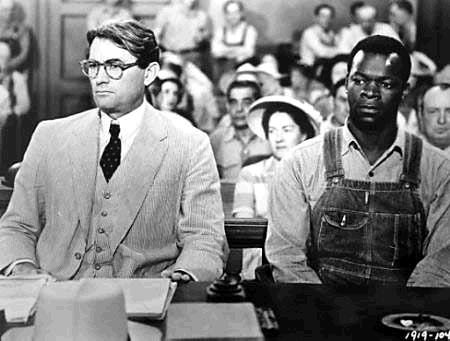On Tuesday night, I, along with several other Staffs Uni students, saw the Northern Broadside production of The Merry Wives (of Windsor), by William Shakespeare. It was a thoroughly entertaining play, with jokes, music, singing, dancing, trickery and, of course, love (and how could Shakespeare resist the chance at making fun of the French?). I also learned that this is the origin of the popular phrase ‘what the dickens?’, which I had always assumed had come from a similarly named author. Afterwards, there was a talk-back session with all the cast, where we were able to ask questions, and were told stories (particularly by Barrie Rutter, who played Falstaff in this production), including performing in the Globe Theatre in T-shirts and jeans for the first half of A Midsummer Night’s Dream due to lost luggage problems. A thoroughly enjoyable evening and I would highly recommend this play to anyone.
(Harriet Lee, Creative Writing)

Some wives (not from Windsor, but somewhere Northern – as you would expect) being merry at The New Vic (courtesy of Northern Broadsides)
See the trailer at their website here





![IMG_4329[1]](http://blogs.staffs.ac.uk/ecw/files/2015/07/IMG_43291-300x225.jpg)